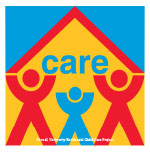Helping Donna Transition from Foster Parent to "Mom"
After being a foster parent for over 30 year, Donna has impacted the lives of numerous children who have been in and out of her home. "Every child that comes in my home, I treat them like they are my very own. I want them to feel loved," said Donna.
READ HER STORY

